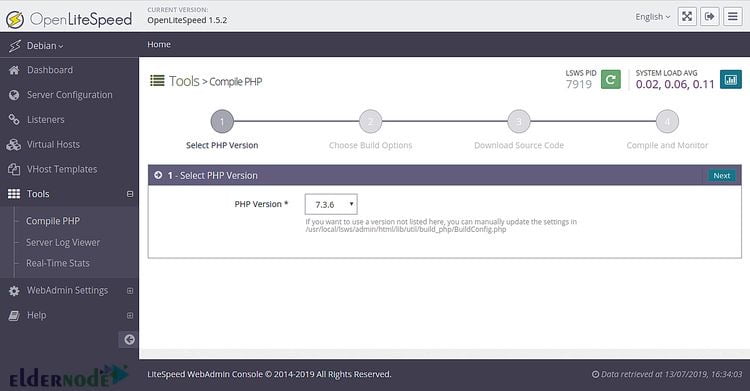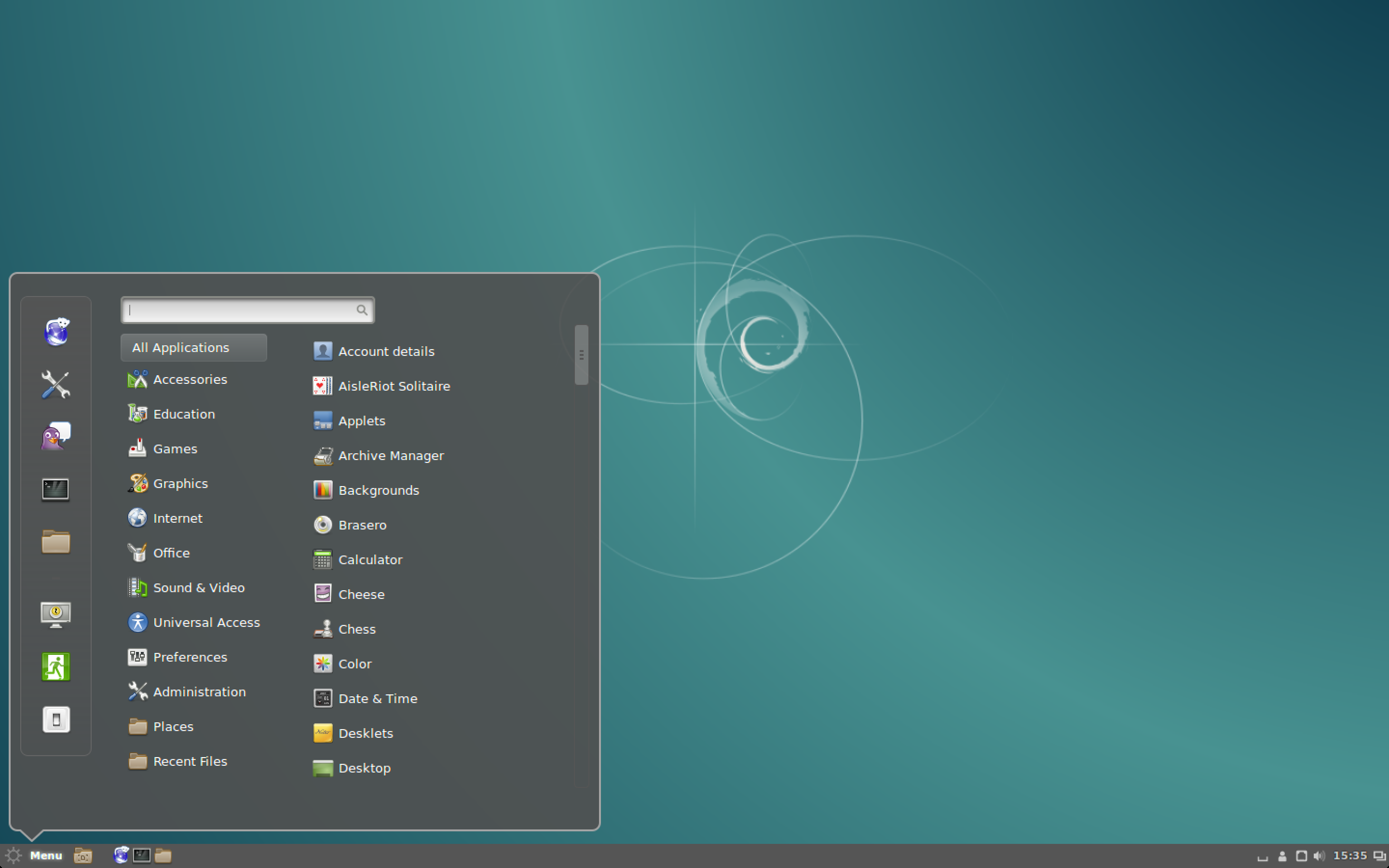
Open the file: /etc/apt//chris-lea-node_js-wheezy.list with a text editor like vim and change the word "wheezy" to "lucid".

Sudo add-apt-repository ppa:chris-lea/node.jsĪt this point the file with the new repository details must be edited. Sudo apt-get install -y python-software-properties python g++ make This install method will be much faster than the official method but is not designed for Debian Wheezy, so use at your own risk! Personally I have not had any trouble with my node install yet but I cannot guarantee this will be the case for anyone else. For this reason I experimented a little and found a quicker install method that doesn't require a manual compile, by using the Ubuntu package. This install method should work fine but will take a long time to complete on the Raspberry Pi's hardware. This can be done using the following set of commands: sudo apt-get install python g++ make checkinstall You need to perform the steps below for installing Node.The official Node.JS install guide recommends manually downloading and building the Node.JS package for Debian. Any specific version of Node.js can be installed and uninstalled with it. It is considered a bash script that is applied for managing several active Node.js versions. sudo add-apt-repository ppa:chris-lea/node.js.sudo apt-get install python-software-properties python g++ make.Prerequisites For this tutorial, I have the following hosts: One Control Node To build your infra with Ansible, you need a control node where Ansible server will run. This tutorial will help you to install and configure Ansible on Debian 10 Linux systems. Here is a list of commands that you can perform to install NodeJs on your Ubuntu. It uses SSH connection to execute tasks on hosts. So, finally, is there any way which is good, right and not problematic? Yes. There are many ways to install it on Ubuntu, but while doing that, you meet a lot of problems.

It's an advantageous product and is capable of running on various platforms such as Ubuntu, Linux, Windows, and so on. Install via npm It is recommended to install Yarn through the npm package manager, which comes bundled with Node.js when you install it on your system. Many developers have started to use it throughout the past several years.

NodeJs is an accessible open source server environment.


 0 kommentar(er)
0 kommentar(er)
